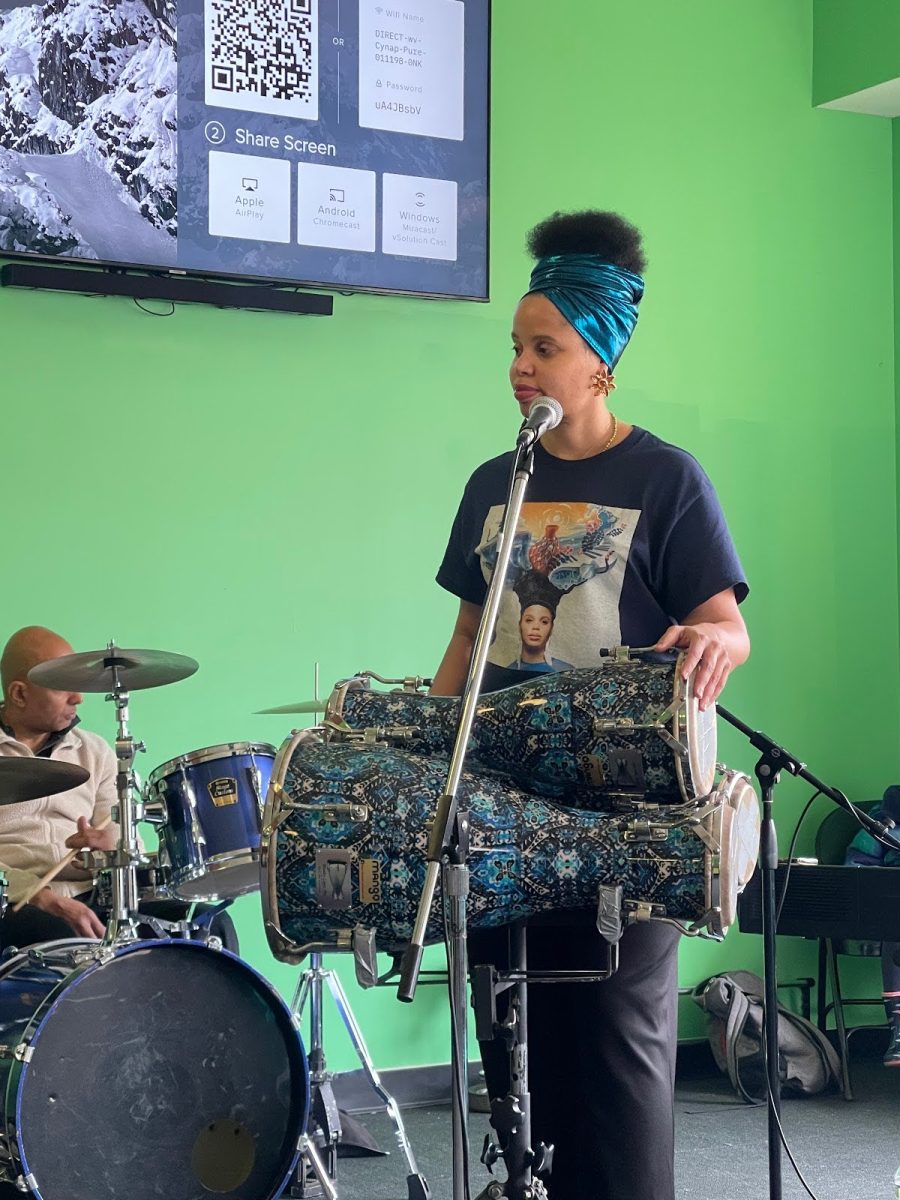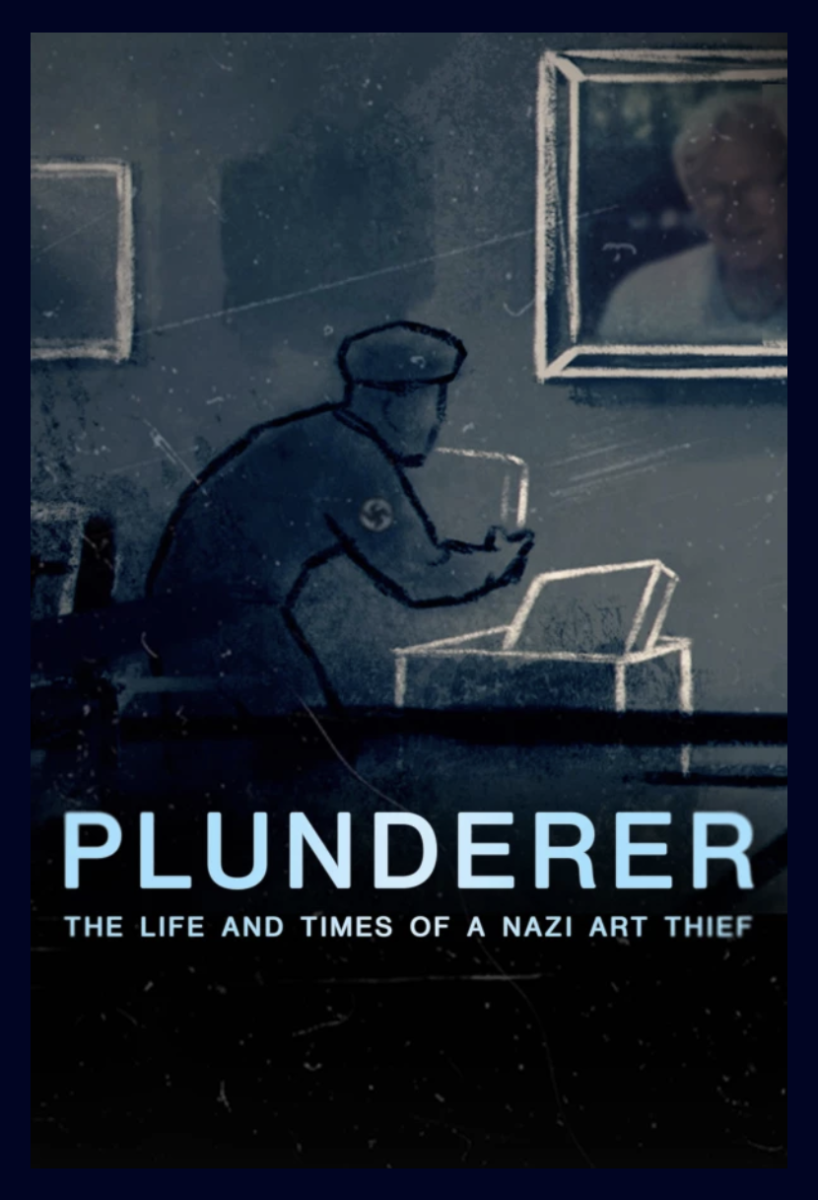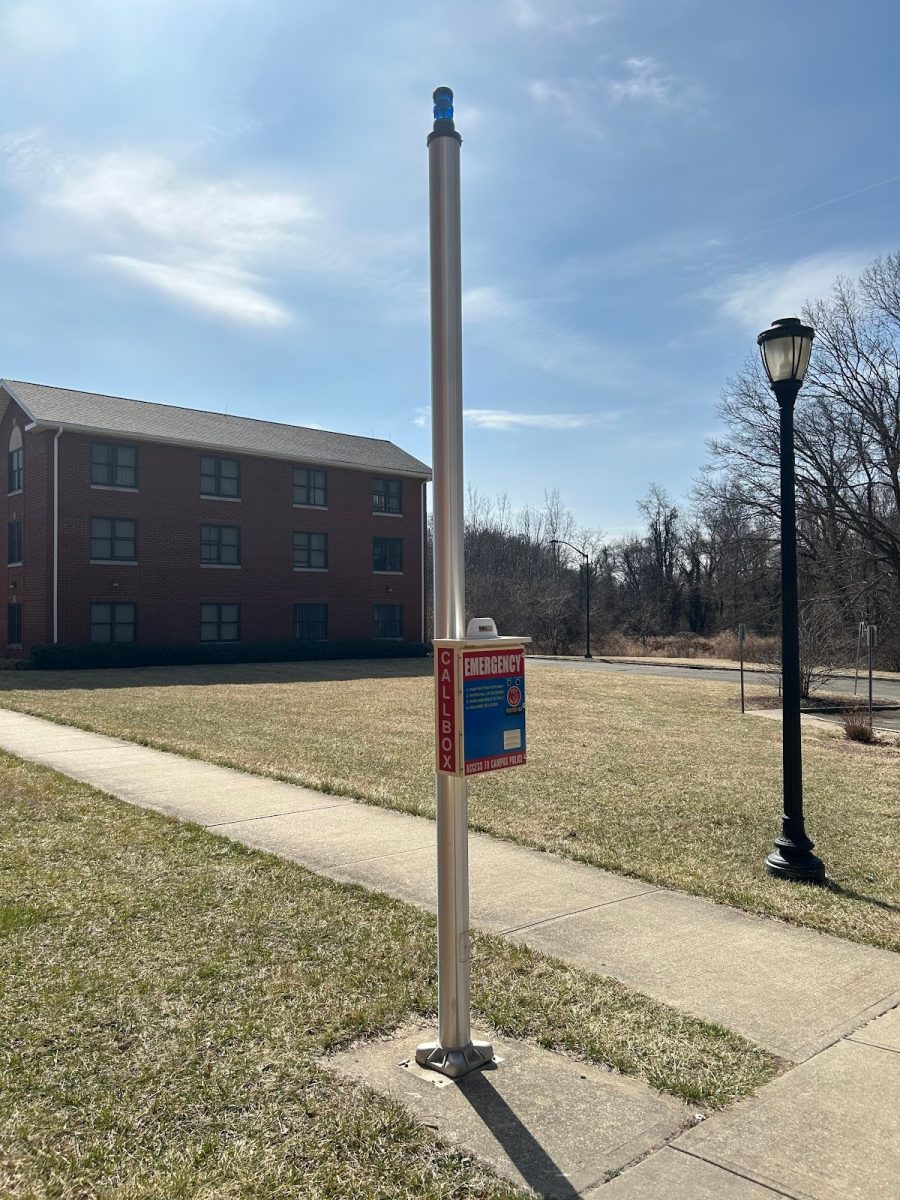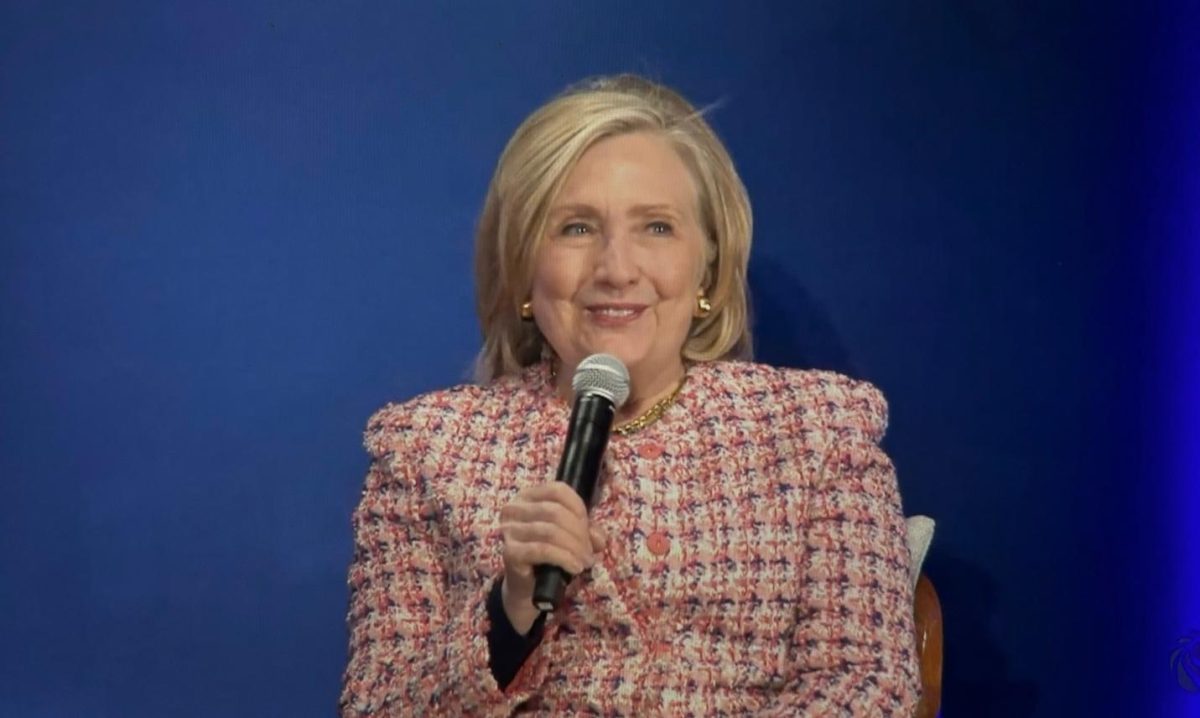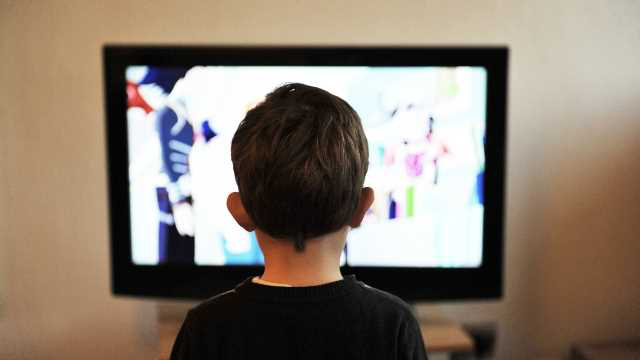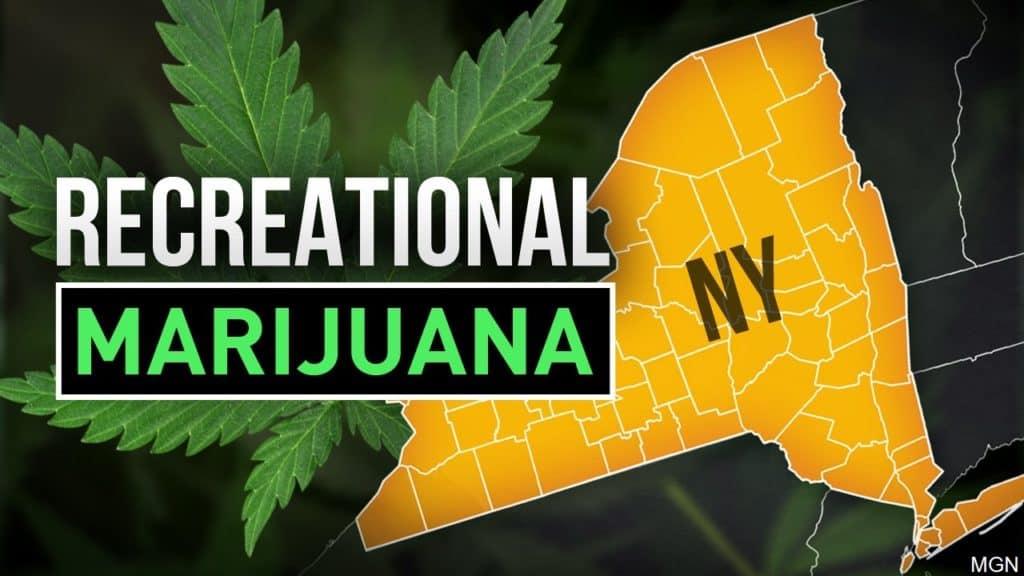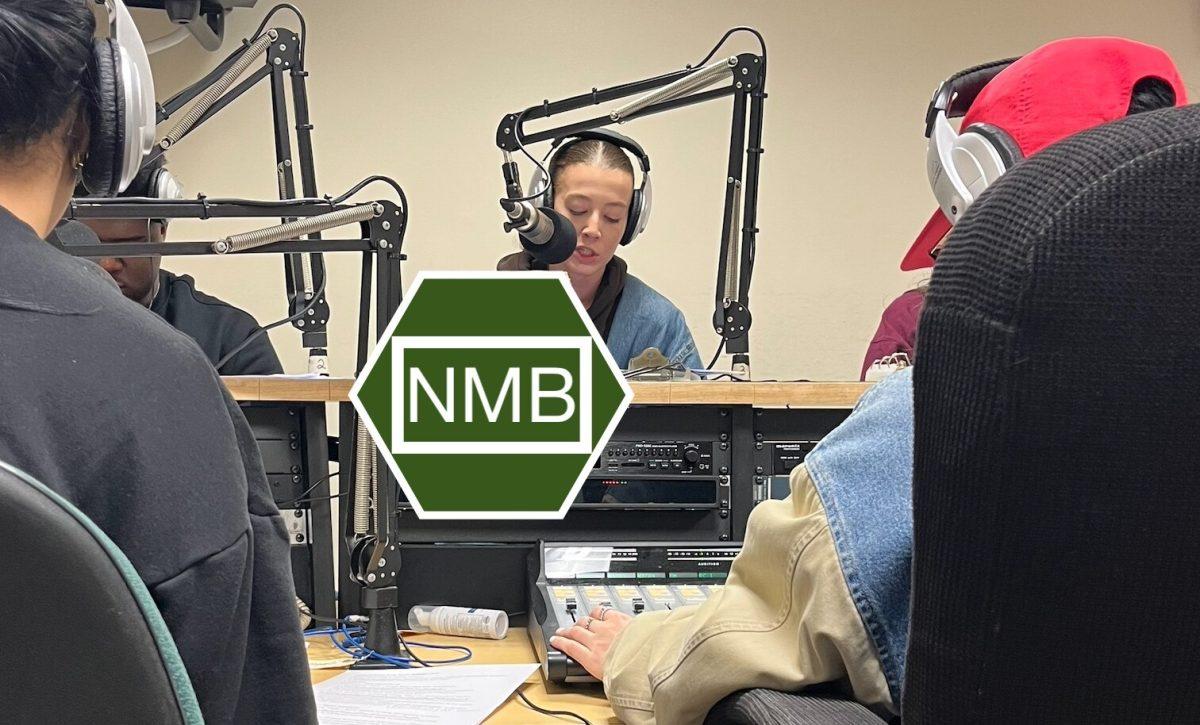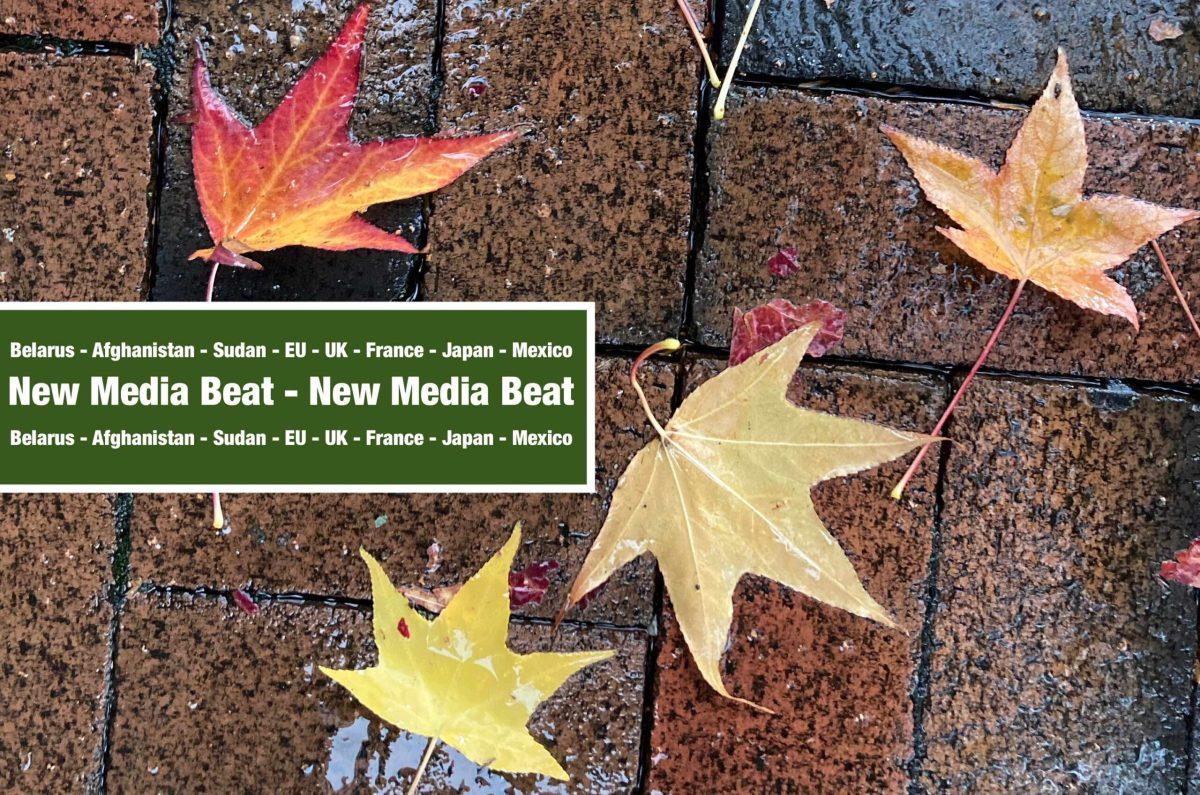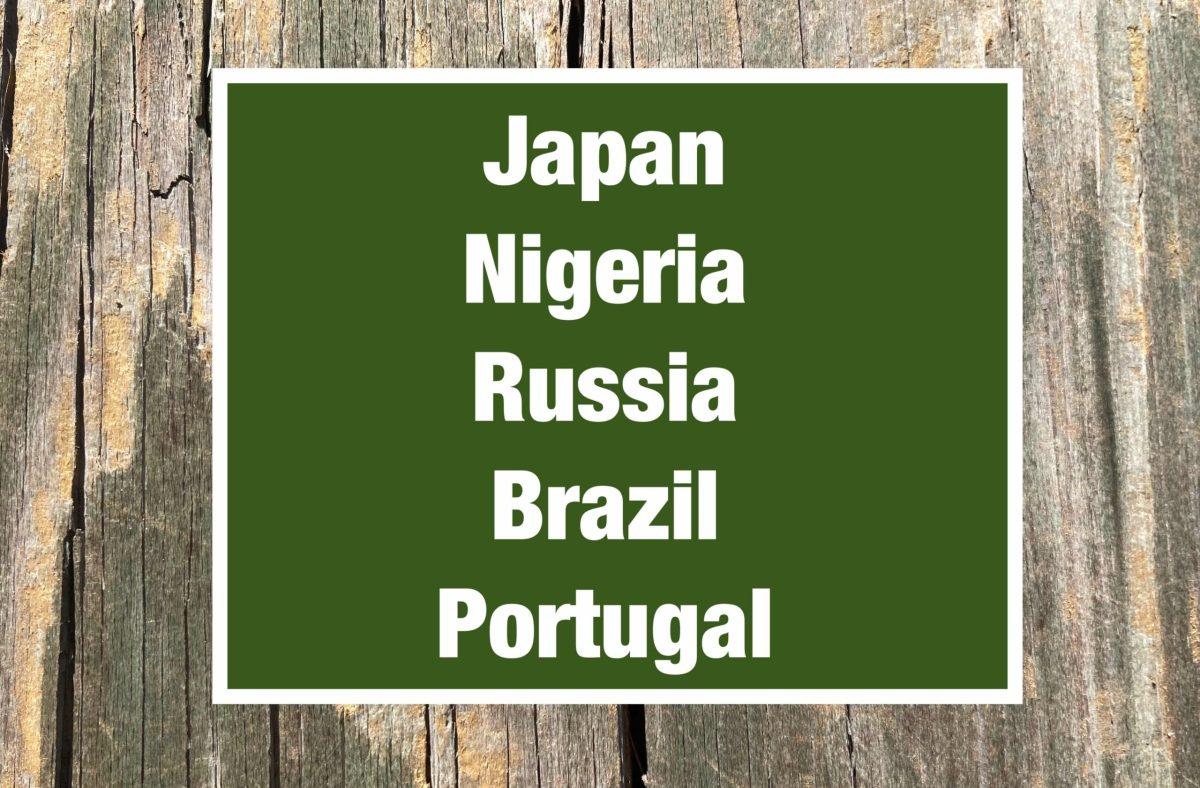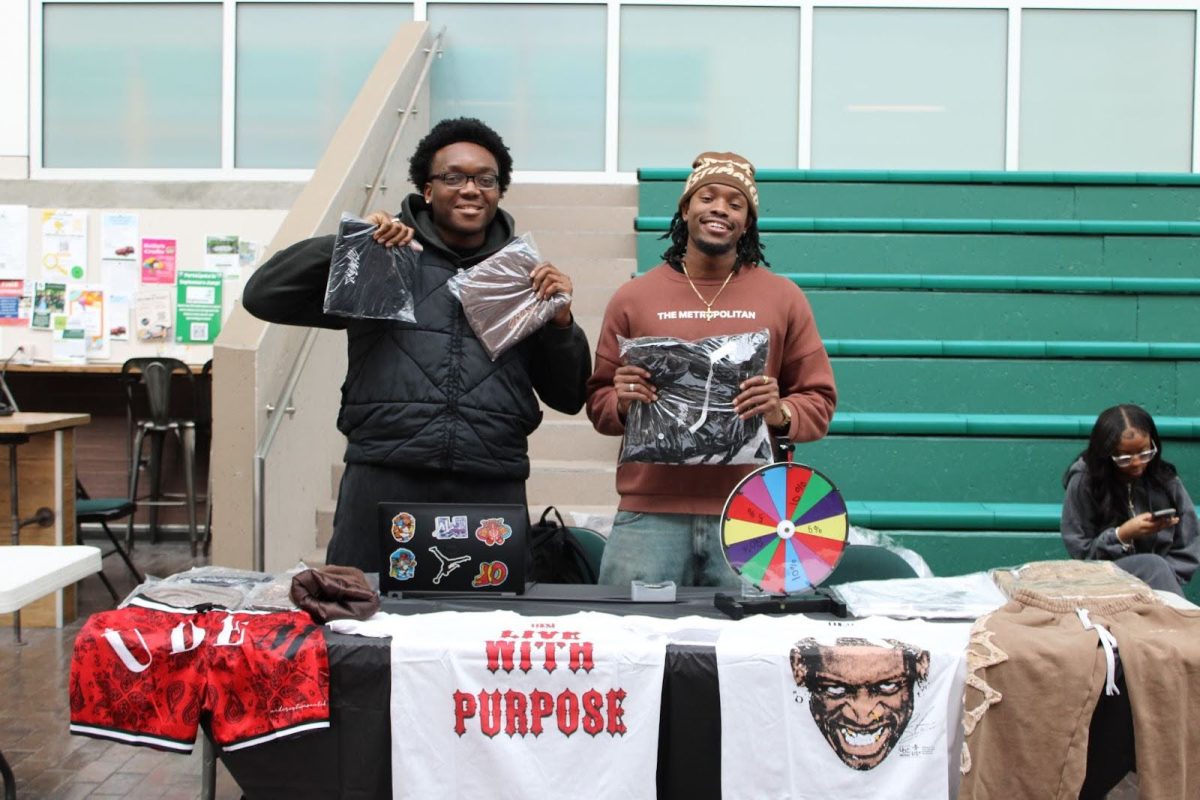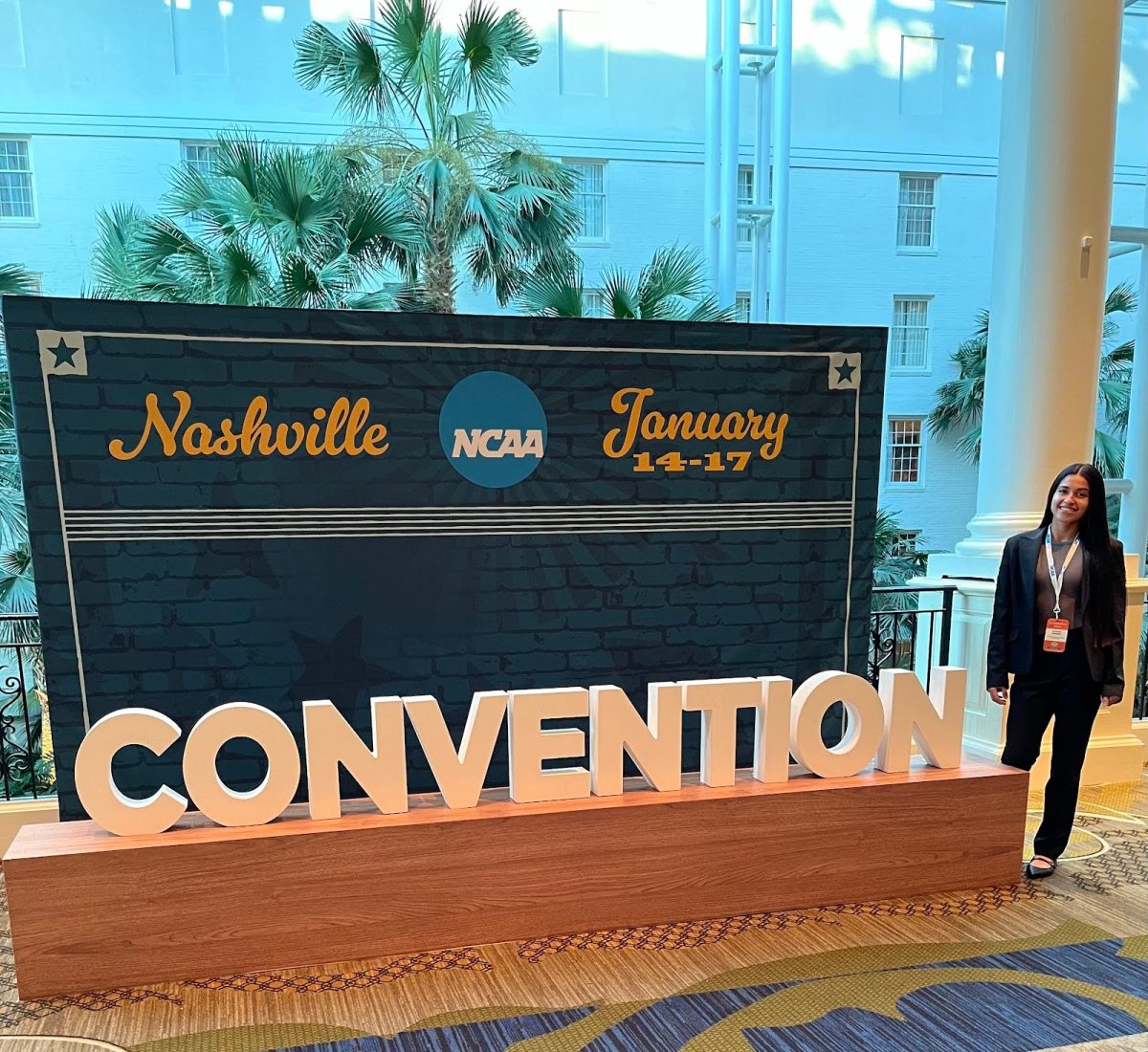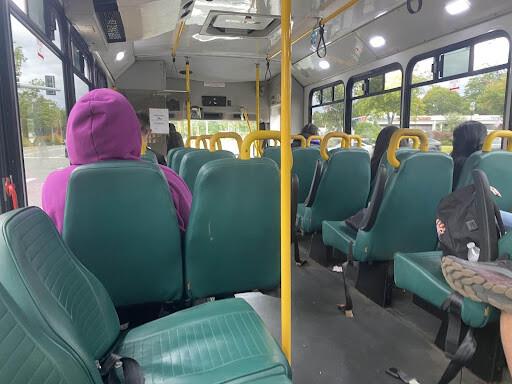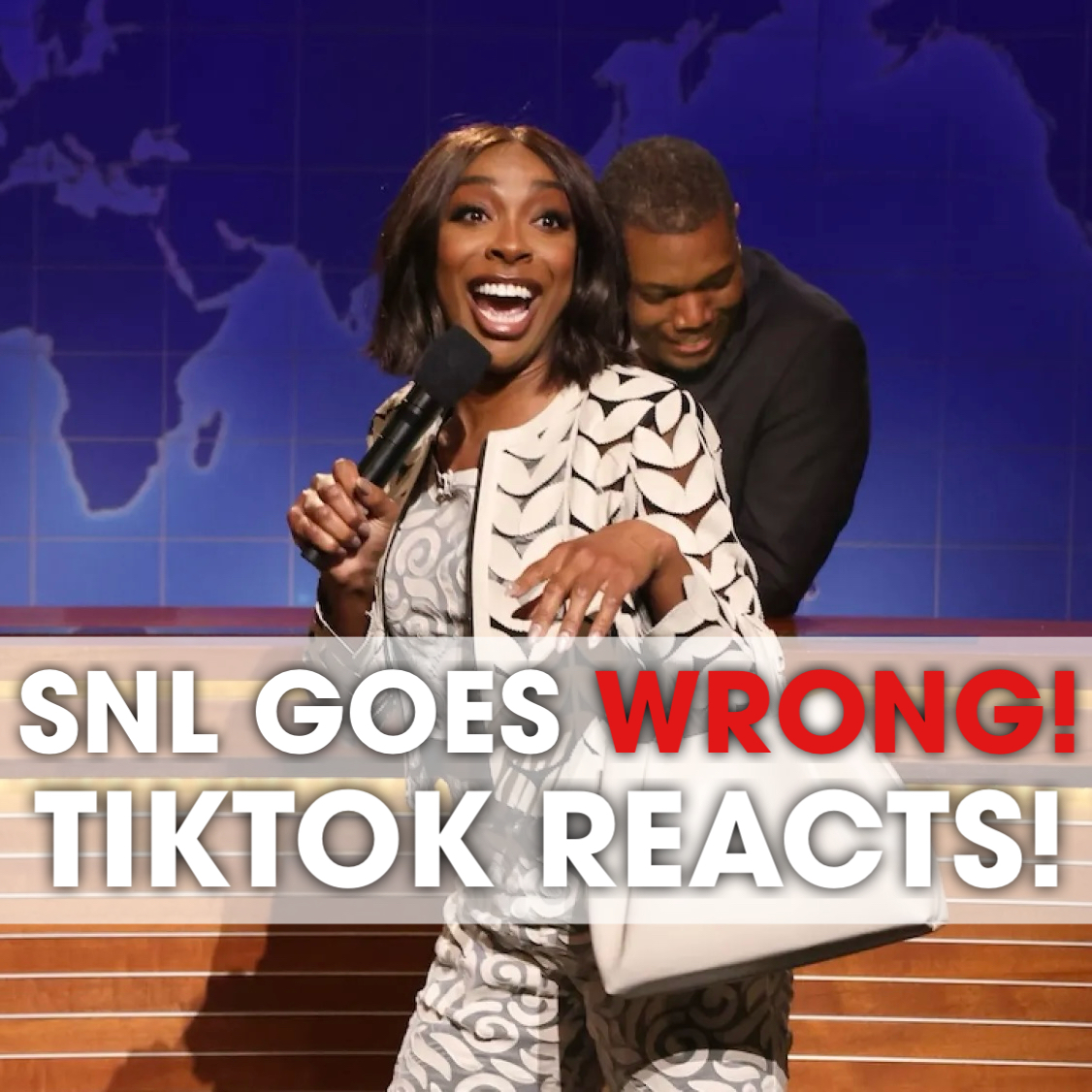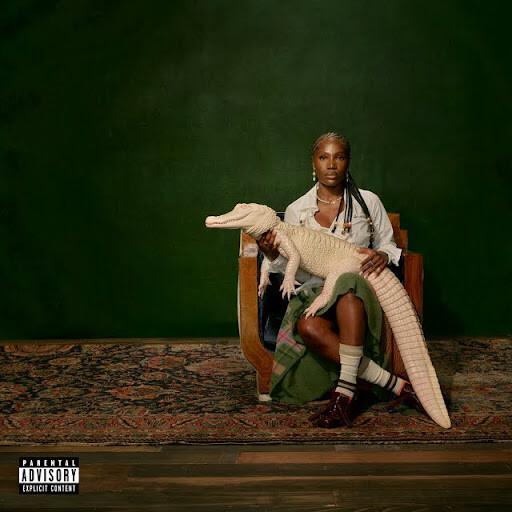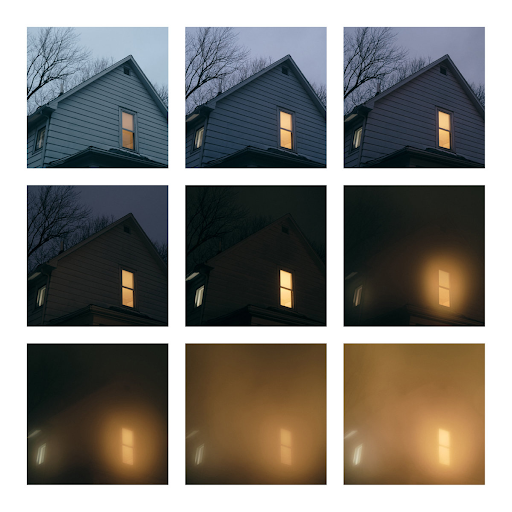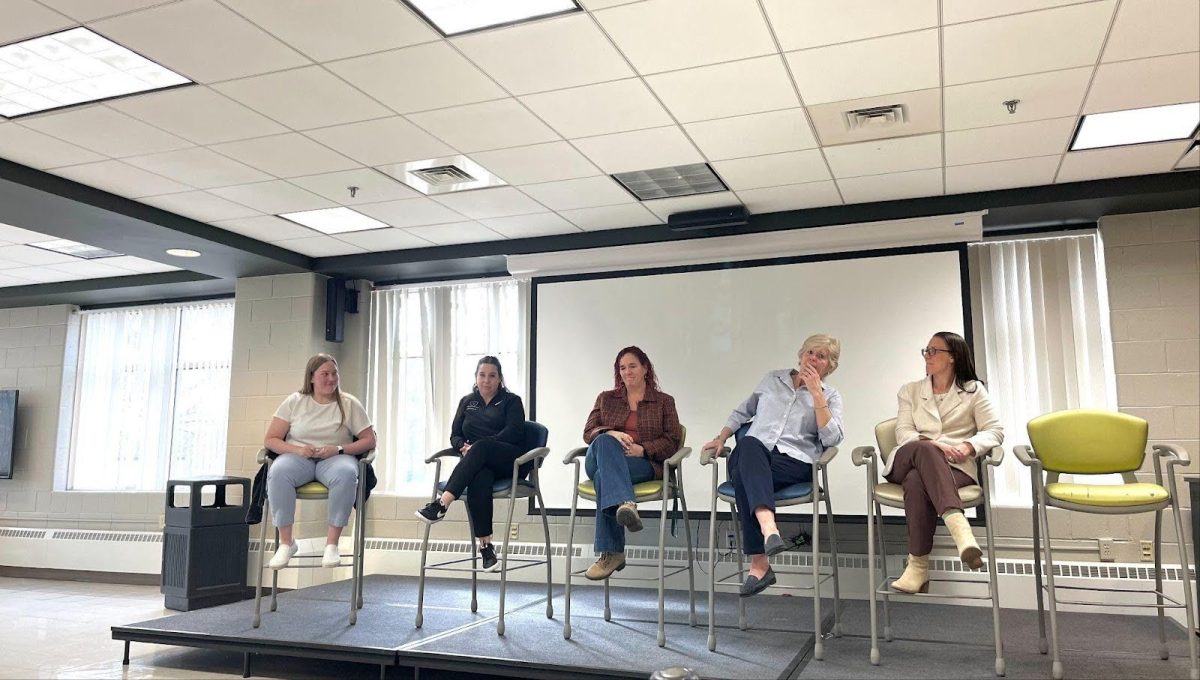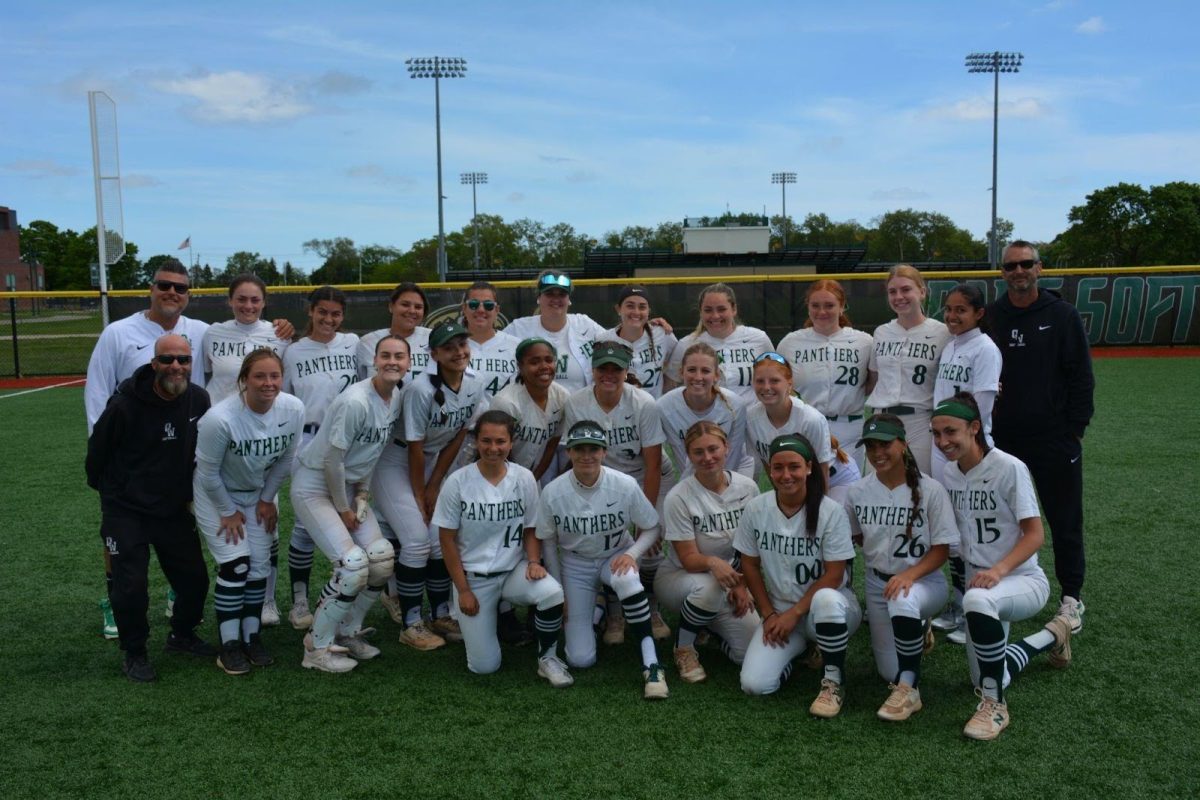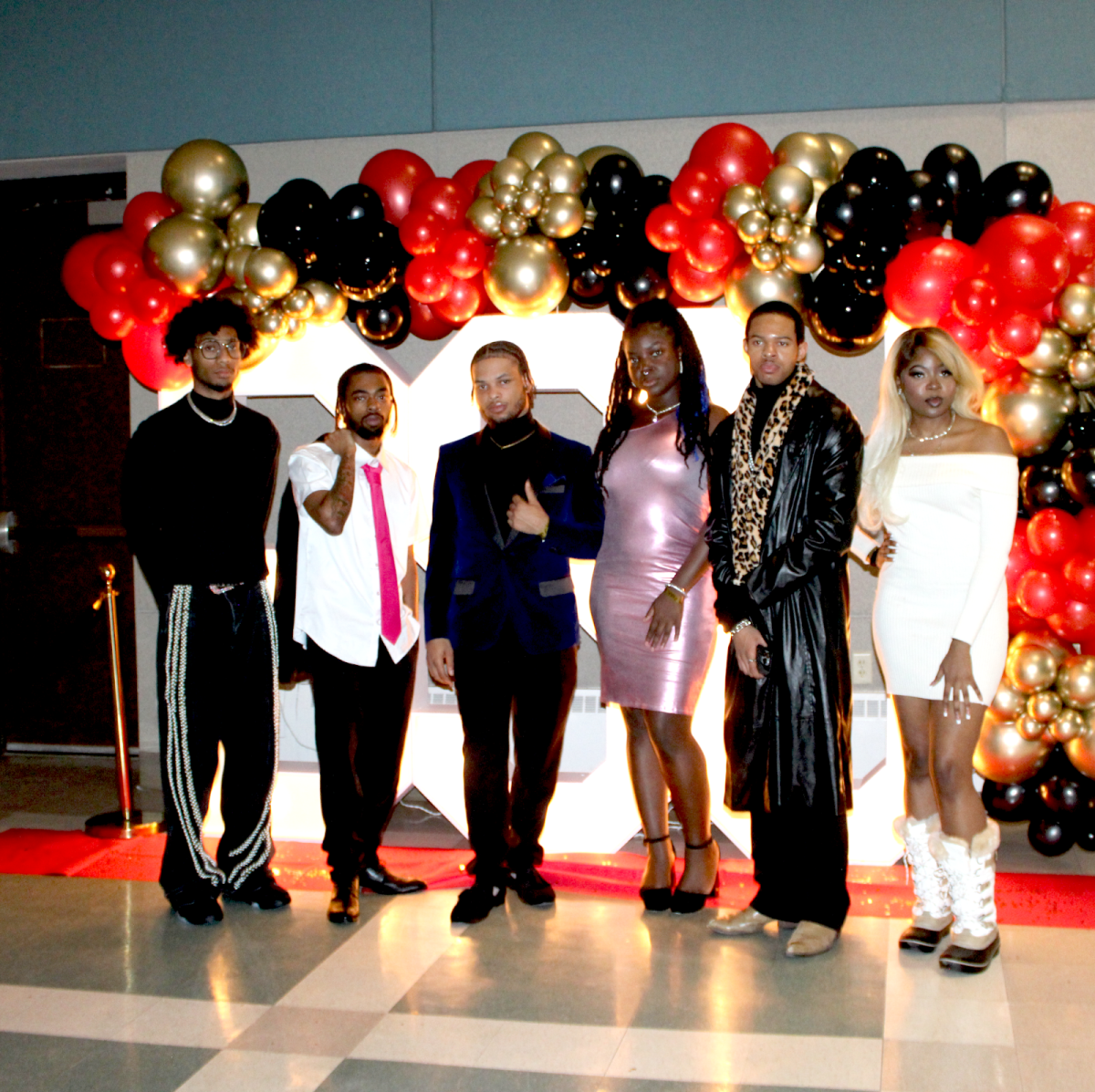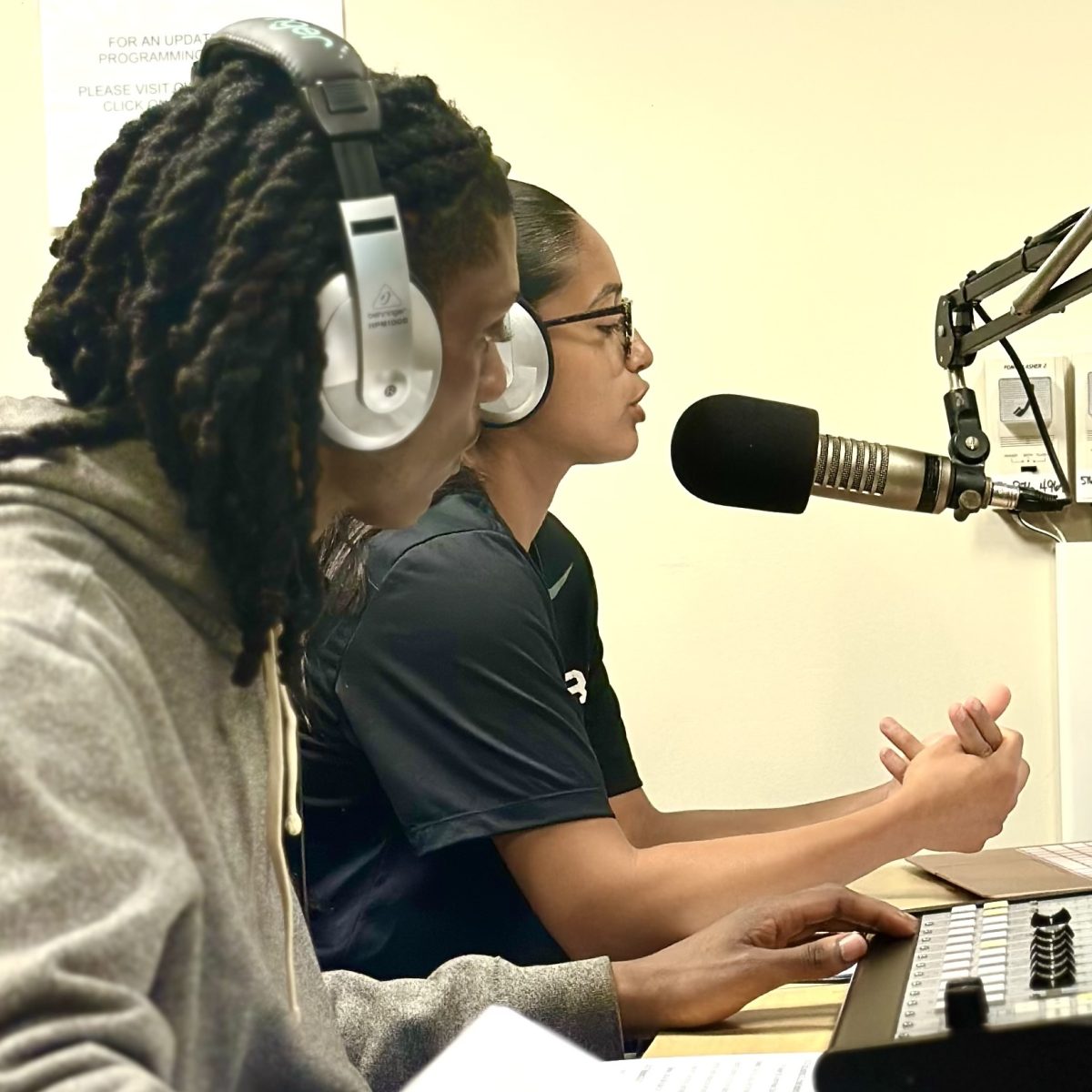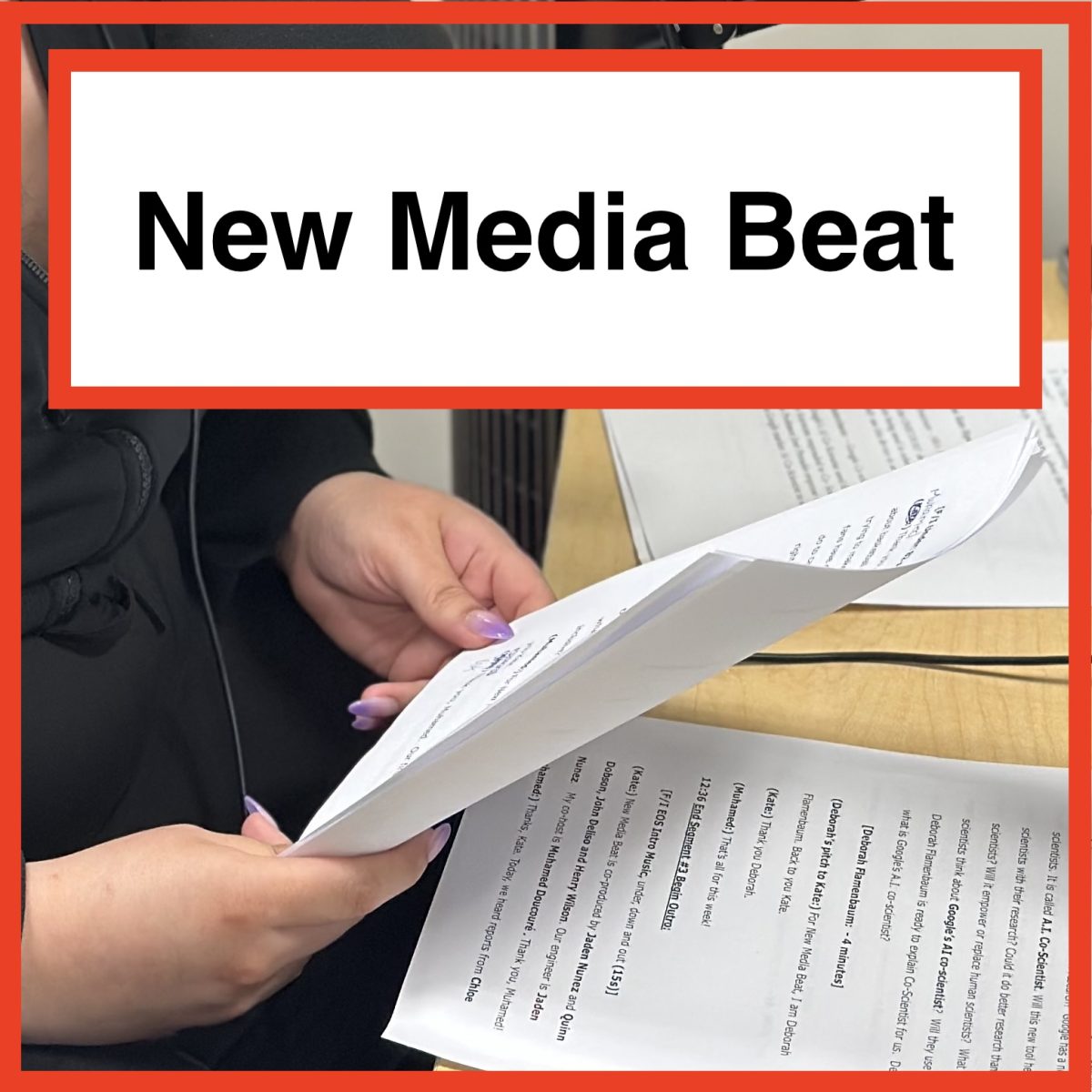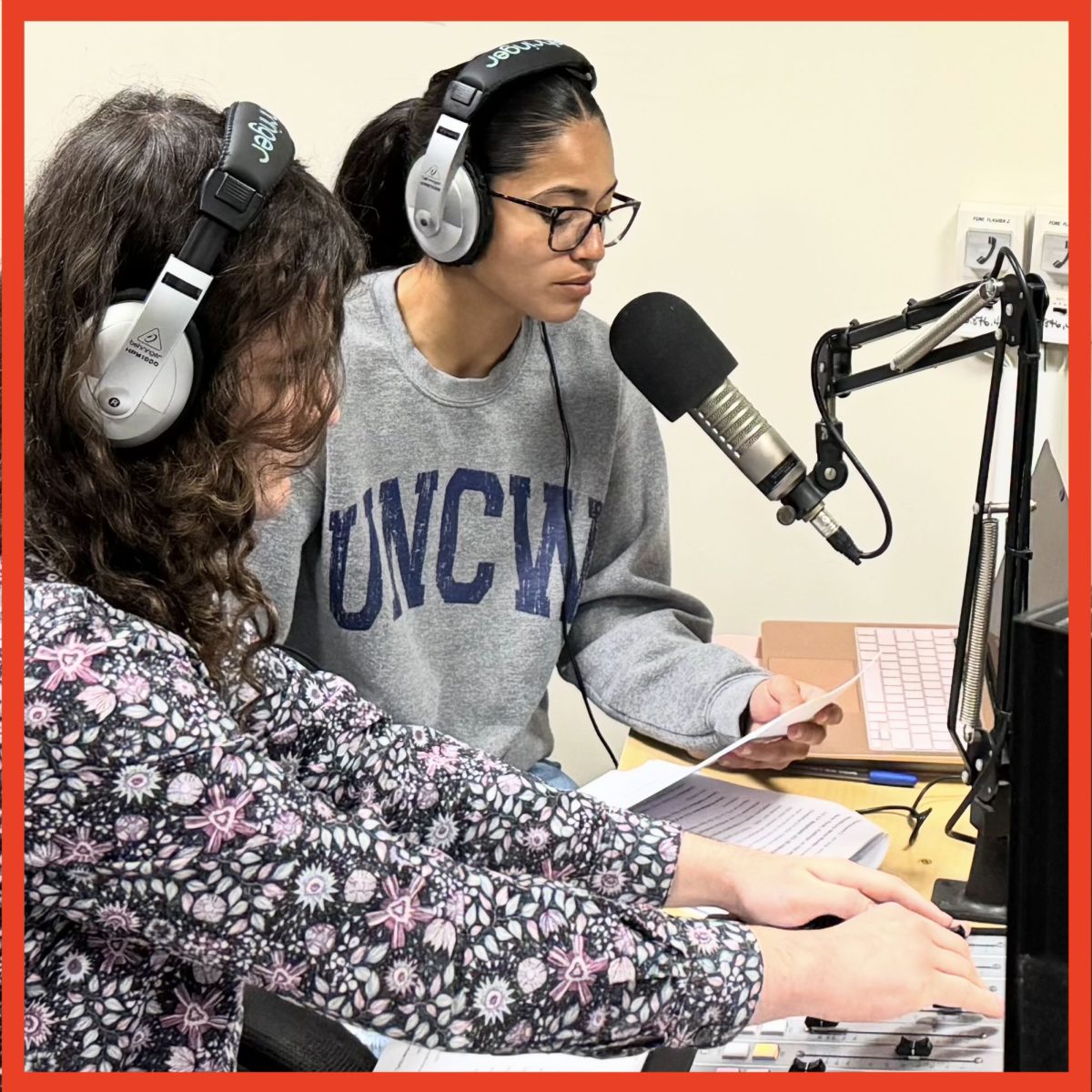What is a safe space? College students across the nation are asking for “safe spaces” especially at elite, liberal institutions. Simply put it’s a physical space where you can feel free from any menace of bias, any intellectual or physical threat to your identity or well-being.
College has typically been viewed as a place of open mindedness and acceptance. Some students have expressed a desire for spaces free from the opinions of others that they find offensive, but others see this a restriction of expression.
Originally designed for LGBTQ+ community members, safe spaces maintain a space free of judgement and hate speech which is defined as speech that is intended to insult, offend, or intimidate a person because of some trait (race, religion, sexual orientation, national origin, or disability).
Safe spaces draw attention to the conflict between the right to free speech and the expectation of a comfortable and supportive learning environment. Many students and professors agree that offensive comments regarding specific cultures or individuals should be restricted but others worry this may be over-protective and could chill conversation, limit interaction, and even result in a more segregated or divided campus community. There has been a very vocal backlash against the safe-space activism from both conservatives and progressive defenders of free speech and civil liberties.

Media coverage of safe space activism on campus is creating controversy on both ends of the political spectrum. In a recent poll by iSideWith, 65% of people were against safe spaces and 35% were in favor. The poll asked for political party affiliation. “It should be the choice of the university to provide them or not,” said a socialist from Pomona, NJ. A Democrat from Chicago stated, “An essential component of a rich learning experience is being forced to confront controversial perspectives. This should not be carried too far.”
At some colleges, professors have been required to give their students trigger warnings prior to discussing sensitive subjects such as abortion, gay rights, and the rights of immigrants. This is controversial because unlike lower-level schools, professors at the university level historically had more freedom in what they chose to discuss during class time.
SUNY Old Westbury has implemented safe spaces along with other large progressive universities such as UC Berkeley, the University of South Carolina, and Kent State University. SUNY Old Westbury defines a campus safe space as:
“…a place where any young person can relax and be fully self-expressed, without fear of being made to feel uncomfortable, unwanted, or unsafe on account of biological sex, sexual orientation, gender identity or gender expression, race/ethnicity, cultural background, age, or physical and mental ability. It is a place where the rules guard each person’s self-respect and strongly encourage everyone to respect others.”
The Old Westbury Women’s Center on campus describes itself as a “safe space” where students can go for support and to locate services:
“Our Center is a safe space where interns can help direct you to appropriate services on and off campus, such as counseling services for anxiety and/or depression, or information on where to go if you need support for sexual assault or harassment. If you have questions on many issues related to women or to gender, such as eating disorders, reproductive rights, equal pay, etc. we can advise you of available services or counseling or advocacy and organizing efforts, at Old Westbury, on Long Island, or in New York City.”
Dr. Oren Shefet, Associate director for Clinical Services at the Counseling and Psychological Wellness Center at SUNY Old Westbury, recognizes the positive impact safe spaces have on many college students. However, he is concerned that enforcing some safe space policies, such as trigger warnings, might impinge on the academic freedom of professors.
“I’m a bit apprehensive about intruding on the academic freedom of professors,” said Shefet. “I would like trigger warnings to be a recommendation to professors, rather than a requirement.”
There are designated safe spaces on campus but little is done to promote awareness of these spaces and it is unclear if many students are even aware that they exist. SUNY Old Westbury does have a list the designated safe spaces on campus on the college website:
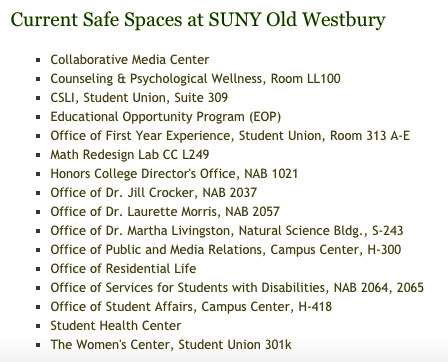
While there were no protests over the designation of space spaces at SUNY Old Westbury, UC Berkeley students held protests in October 2016 in favor of implementing more safe spaces for students of color in addition to LGBTQ+ students.

